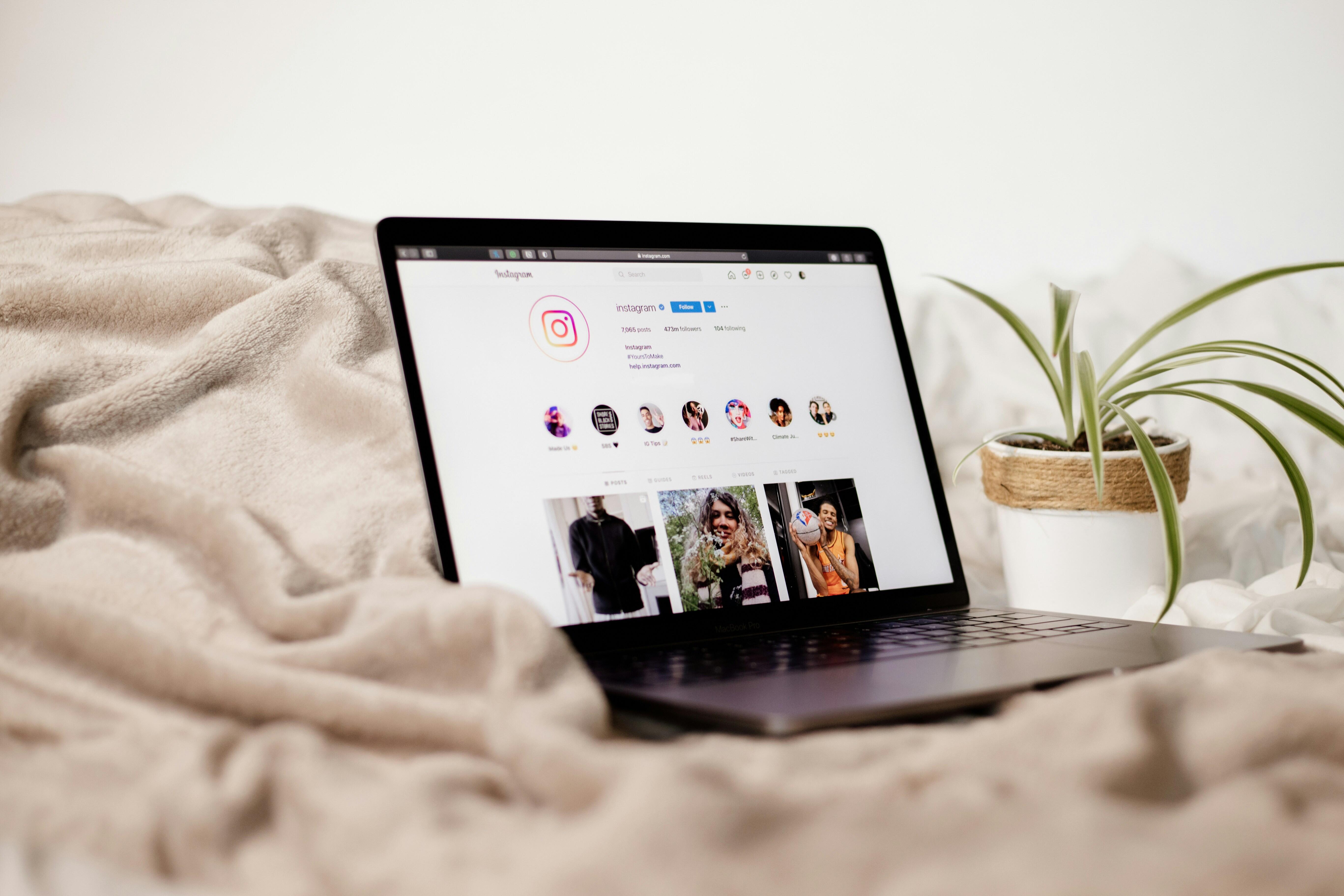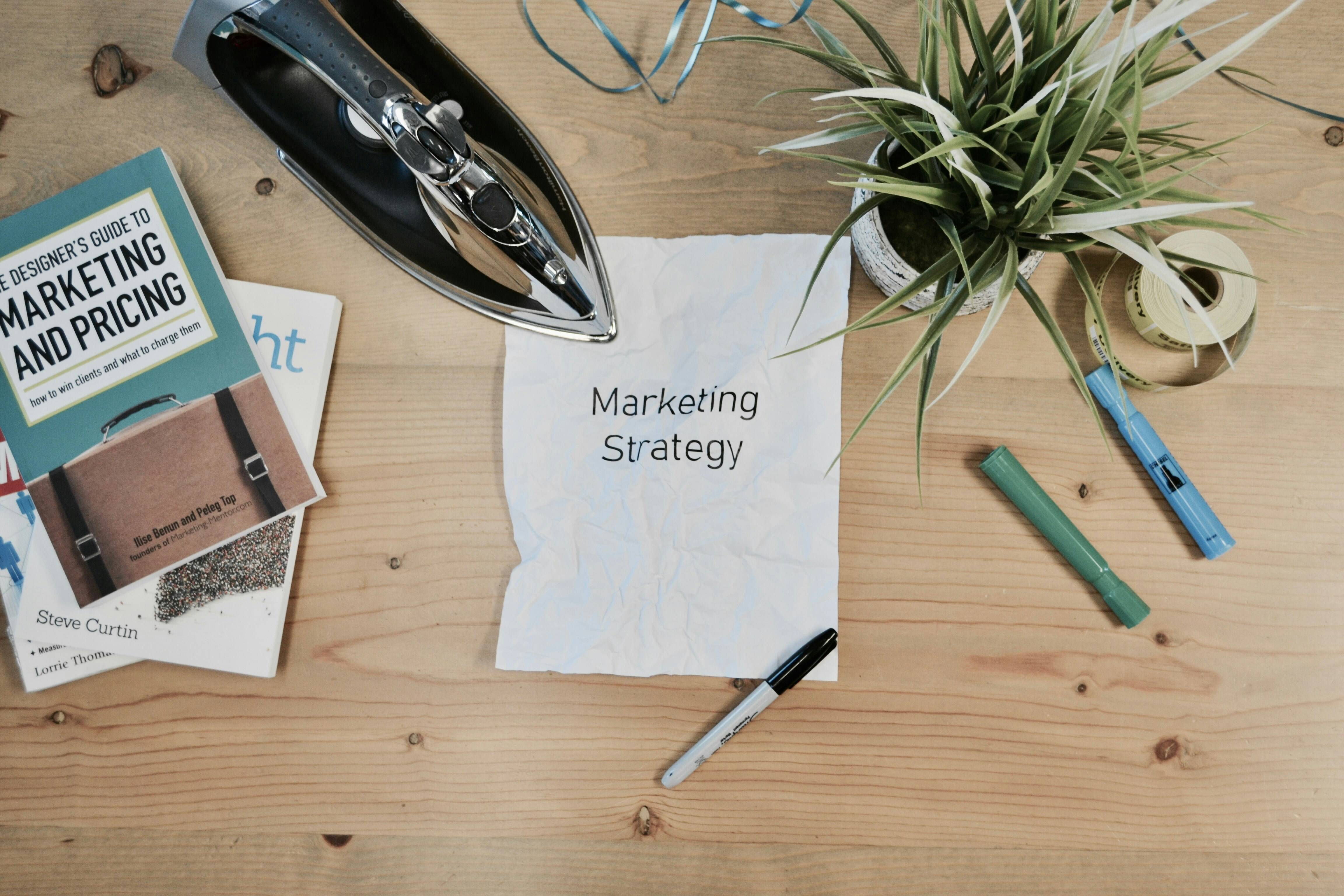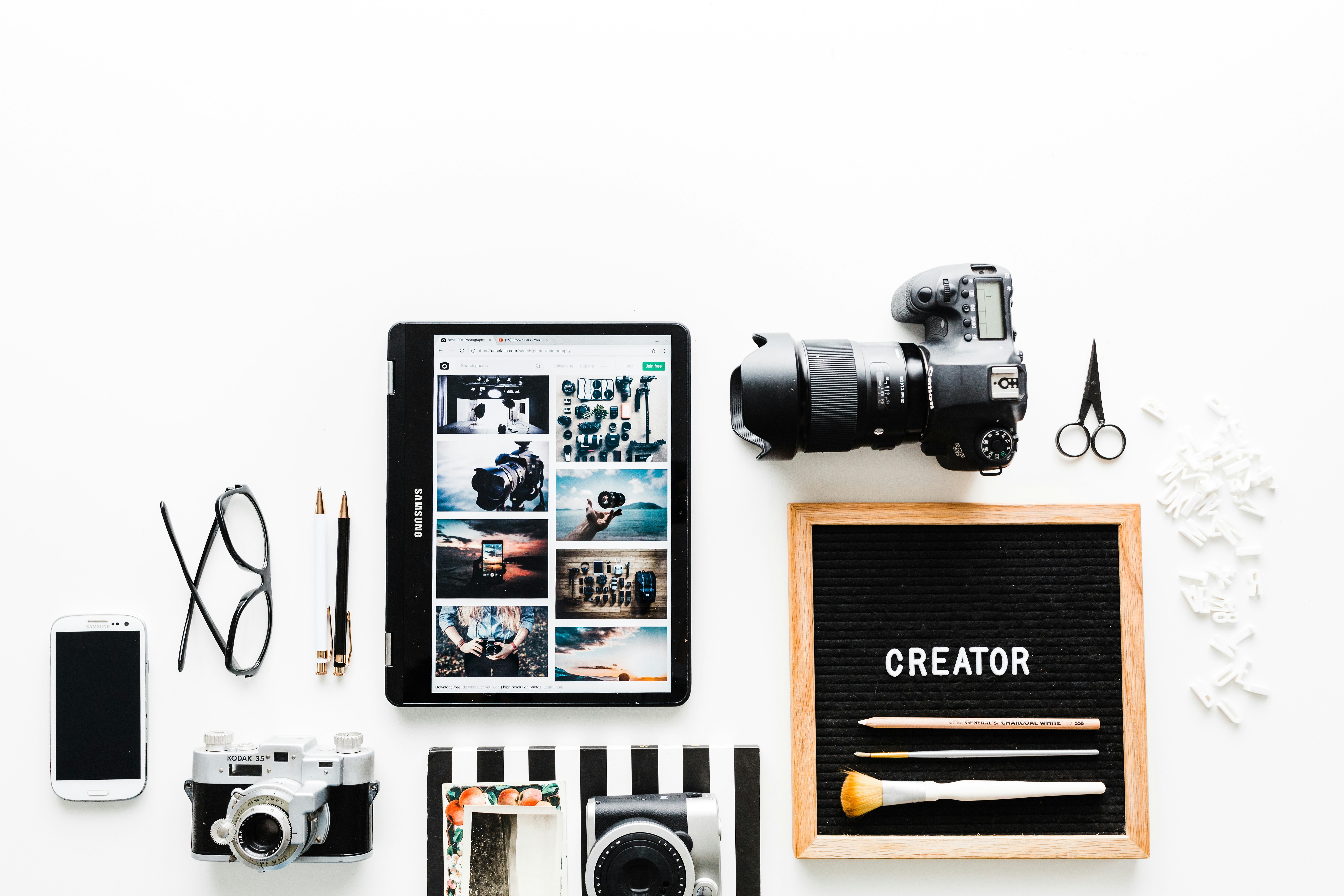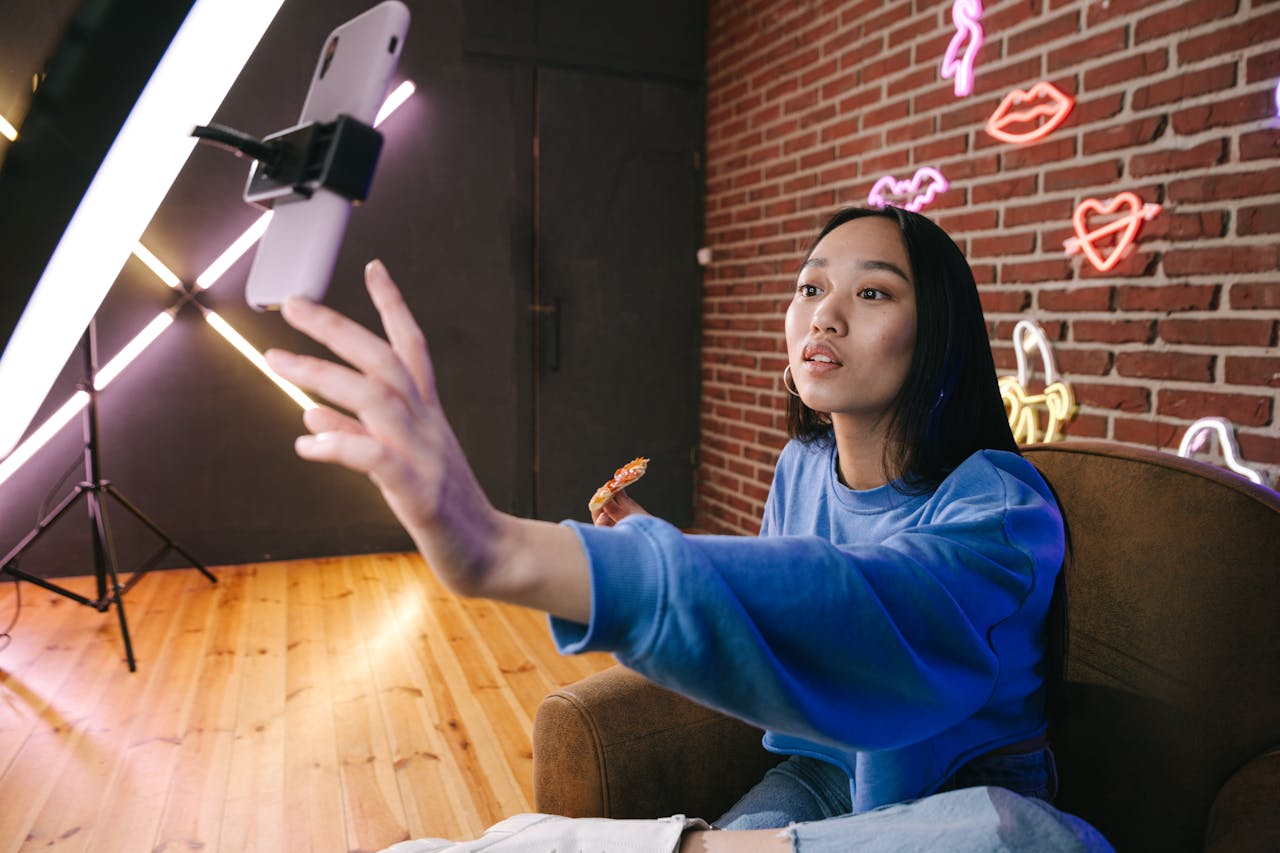
Understanding Influencer Marketing Campaigns vs Digital Marketing
07 Jun, 20249 minsIn marketing, every opportunity to gain an advantage counts. With competitors constantly see...

In marketing, every opportunity to gain an advantage counts. With competitors constantly seeking to outshine one another, the pressure to capture consumer attention is palpable. This is where marketing strategies come into play.
From traditional methods to modern digital approaches, businesses explore various avenues to make their mark. But with so many options available, how do you determine the best fit for your goals? That's where understanding the differences between influencer marketing campaigns and digital marketing becomes essential.
In this guide, we'll break down these strategies, their applications, and their unique benefits, empowering you to make informed decisions in the modern business environment.
What is Influencer Marketing?
Influencer marketing campaigns involve promoting products or services with people who have a large online following. This type of marketing relies on the influencer's credibility and relationship with their audience to build trust and drive engagement. By using influencers, brands can reach their target audience more authentically.
The influencer marketing sector, as a whole, is expected to reach $22.2 billion by 2025. Instagram is the top platform for influencer marketing, used by 72% of marketers. TikTok follows at 61%, YouTube at 58%, and Facebook at 57%. Additionally, 78% of marketers plan to increase or maintain their influencer marketing budgets, highlighting the growing importance of this product or service promotion.
Influencers help brands reach specific audiences, engage them with relevant content, and build trust through credible endorsements.
The Goals and Benefits of Influencer Marketing
Influencer marketing is specific and relatively simple: brands collaborate with influential individuals (often famous or with a large following). These influencers typically have followers interested in the brand’s niche, such as beauty. The influencer then uses their platform to promote the brand in various ways.
There are many different ways influencer marketing campaigns occur, including:
- Sponsored Content: Influencers create and share posts featuring a brand’s products or services.
- Product Reviews: Influencers review and share their opinions on a brand’s products.
- Giveaways and Contests: Influencers host contests where followers can win brand products.
- Brand Ambassadors: Influencers maintain a long-term promotional relationship with a brand.
- Affiliate Marketing: Influencers promote products and earn commissions on sales via affiliate links or codes.
- Unboxings and Hauls: Influencers showcase and review newly received products.
There are pros and cons to using influencer marketing as a form of brand promotion and awareness. Let’s discuss them below.
Strengths:
- High ROI: Influencer marketing often delivers high returns, with studies showing it generates 11x higher ROI than traditional banner ads.
- Better Customer Acquisition: 51% of marketers say influencer marketing helps them acquire better customers.
- Authenticity: Influencer content tends to be more genuine, helping brands build credibility.
- Targeted Reach: Influencers can effectively target specific demographics and niche audiences, enhancing campaign relevance and engagement.
Weaknesses:
- Crowded Market: The influencer market is crowded, making it hard to stand out.
- Varying Personal Connection: The effectiveness can vary based on how well the influencer connects with their audience.
- Measurement Challenges: Determining the exact ROI of influencer campaigns can be difficult, affecting the ability to justify investment and optimise strategies.
- Risk of Inauthenticity: There's a risk that influencer content may come across as inauthentic or overly promotional, potentially harming brand credibility if not executed carefully.
When used correctly, influencer marketing campaigns can significantly boost a brand's reach, engagement, and customer acquisition.
What is Digital Marketing
Digital marketing is all about connecting with people with digital tools and platforms. It includes strategies like email marketing, SEO, creating content, engaging on social media, and running online ads. What makes these strategies so effective is that they're data-driven and measurable. This means you can use tools to engage with your audience and tweak your campaigns in real-time to get better results.
The industry is expected to grow at a rapid pace of 32.1%, reaching a value of USD 24.1 billion by 2028. This growth reflects how businesses increasingly rely on digital platforms to promote themselves and engage with customers. Digital marketing helps companies boost their visibility, drive website traffic, and turn potential customers into sales.
With analytics tools, you can track the success of your campaigns and make intelligent decisions to improve them. Staying ahead in today's digital world is essential.
The Components and Benefits of Digital Marketing
Digital marketing is extensive and continually changing. It involves a range of components to promote your brand effectively. It includes diverse strategies and tactics to engage your audience and adapt to developing digital trends, including:
- Search Engine Strategies: These include optimising your website (SEO) to rank higher in search results and using paid ads (PPC) to attract immediate traffic.
- Content and Social Media: These involve creating valuable content, using social platforms, and collaborating with influencers to engage and grow your audience.
- Email and Mobile: Using email campaigns and mobile-friendly strategies to reach customers directly and enhance user experience.
- Affiliate and Partner Marketing: Building relationships with affiliates and leveraging online PR to expand your brand's reach and credibility.
- Advertising: Utilising various forms such as display ads, native ads, and video promotions to capture attention and drive conversions.
- Advanced Targeting and Analytics: Implementing strategies like retargeting, optimising for voice search, improving conversion rates, and analysing web data to refine marketing efforts.
Digital marketing offers brands diverse ways to target their audience compared to influencer marketing, yet it has advantages and disadvantages for brand promotion and awareness. Let's explore them below.
Pros of Digital Marketing:
- Precision in Targeting: Digital marketing allows businesses to target specific audiences based on behaviours and other marketing segmentation techniques like demographics, ensuring effective message delivery.
- Cost Efficiency: It generally costs less than traditional advertising methods, enabling businesses to achieve broad reach without significant upfront expenses.
- Measurable Results: Digital marketing campaigns provide real-time analytics, empowering businesses to track performance and optimise strategies promptly.
- Global Reach: It helps businesses expand their market globally by breaking geographical barriers and reaching audiences worldwide.
Cons of Digital Marketing:
- High Competition: The digital space is fiercely competitive, requiring businesses to differentiate themselves, which can be difficult.
- Constant Change: Digital marketing trends and algorithms change quickly, necessitating continuous adaptation and learning to maintain effectiveness.
- Audience Saturation: Consumers are bombarded with a high volume of digital ads daily, potentially reducing engagement.
- Technical Demands: Effective digital marketing demands technical proficiency in digital tools and platforms, which can be challenging for businesses lacking dedicated expertise.
Comparing Marketing Types
Now that we've outlined the key elements of both influencer marketing campaigns and digital marketing, deciding which to use first involves comparing their main components, strengths, and measurements side by side. Let's explore this analysis below.
Main Components
Influencer marketing campaigns use individuals with large followings to promote products genuinely. This strategy relies on the influencer's personal brand and connection with their audience. For example, a beauty brand might partner with a famous beauty influencer to feature products in tutorials, using the influencer's credibility to reach beauty enthusiasts.
Digital marketing tools include tactics like SEO, content marketing, and online advertising to engage audiences across digital platforms. Businesses use these tools to boost brand visibility and drive sales. For instance, an e-commerce retailer might use SEO to improve website visibility and attract more visitors.
Content Creation
In influencer marketing campaigns, content focuses on the influencer's creativity and authenticity. Influencers create content seamlessly integrating products into their everyday lives or specific interests. This ensures that sponsored content feels genuine, supporting audience engagement and brand loyalty.
In contrast, digital marketing allows businesses to control content creation to maintain consistent branding across all channels. Content is designed to align with business goals and resonate with target audiences through compelling visuals and clear messaging.
Audience Engagement
Influencer marketing excels in engaging audiences through the trusted relationship influencers have with their followers. Followers are more likely to engage with content endorsed by influencers they trust, leading to higher interaction rates and potential viral reach.
In comparison, digital marketing uses data insights to personalise audience engagement based on demographics and consumer behaviour. This includes targeted ads that deliver relevant content to users based on their preferences and online activity.
Comparing Measurement and ROI
Measuring the effectiveness of influencer marketing can be challenging due to the subjective nature of influence and engagement metrics. Metrics like likes and comments provide insights into audience engagement, but calculating ROI from influencer partnerships requires careful tracking.
Digital marketing offers real-time analytics tools to measure ROI and campaign performance. Businesses track metrics such as conversion rates and return on ad spend (ROAS) to continuously optimise strategies. This allows businesses to make informed decisions and maximise returns across digital channels.
When to Use: Best Times for Effective Marketing
If you're a business looking to grow online, connect with specific customers, and strengthen your brand's reach and authenticity, evaluating your current digital presence first is important. These quick comparisons will help you decide when to use digital marketing tools for broad audience engagement and detailed analytics and when to turn to influencer marketing campaigns to build trust and reach niche markets effectively.
Your business should use digital marketing when:
- You want to increase brand awareness and reach a broad audience, especially if you're just starting out.
- You need precise targeting and data analytics to understand your audience better.
- Budget control is crucial, making cost-effective digital strategies appealing.
- Consistent brand messaging across platforms is vital for establishing a strong online presence.
- Your goal is to generate leads and convert them into customers.
Your business should use influencer marketing when:
- Quickly building trust and credibility is essential, particularly in new or niche markets.
- You're targeting specific niche markets where influencers have dedicated followings.
- Launching a new product or promoting a special event can benefit from influencer endorsements.
- Highlighting your brand's personality and unique story to resonate with audiences.
Can Businesses Use Both Digital and Influencer Marketing Together?
Absolutely! Mixing the powers of influencer and digital marketing campaigns can create a knockout campaign. But there are times when it's smart to use each separately.
For example, imagine you’re launching a new line of eco-friendly beauty products. You could collaborate with eco-conscious influencers who resonate with your target audience. However, if you aim to reach a broader audience beyond the influencers' followers, you can also run targeted ads on Facebook and Instagram. You can expand your brand's reach by focusing these ads on beauty enthusiasts interested in sustainable products.
One real-world example is how Gymshark, a fitness apparel brand, juggles both. They partner with fitness influencers like Whitney Simmons for authentic product endorsements. However, they also invest heavily in digital ads to reach new customers who might not follow fitness influencers. By combining these strategies, they've built a massive following and grown into a powerhouse in the fitness industry.
Combine the powers of both digital and influencer marketing campaigns when:
- Your brand wants to enhance audience engagement and credibility with authentic influencer endorsements.
- Your brand wants to use digital marketing's precise targeting and the influencer's strong audience connection.
- Your brand wants to increase the impact of influencer campaigns by adding digital channels like social media ads and search engine marketing.
- Your brand wants to keep campaigns consistent while making real-time adjustments based on audience feedback and market trends.
- Your brand wants to simultaneously attract diverse customer segments by using digital channels and influencer partnerships.
Leveraging both influencer marketing campaigns and various aspects of digital marketing can support business growth strategies and enhance reach.
Influencer Marketing Campaigns vs Digital Marketing: Wrapping Up
Deciding between influencer marketing campaigns and digital marketing involves making strategic choices that align with your business objectives. Influencer marketing establishes credibility and connects with niche audiences through authentic endorsements, utilising influencers' reach and influence. Meanwhile, digital marketing offers extensive reach and precise analytics for targeted engagement across various online platforms.
By harnessing the distinct strengths of both approaches and integrating them effectively, businesses can enhance brand visibility, engagement, and overall marketing effectiveness.
Optimise Your Strategy with Expert Recruitment Solutions
At Sphere, we specialise in sourcing high-quality professionals for your company's marketing, data, and customer success operations. Our expertise spans digital recruitment solutions across the UK, Europe, and North America. We are committed to connecting exceptional talent with opportunities in today's competitive market.
Contact us today to explore how we can elevate your talent acquisition strategy or propel your career forward.




